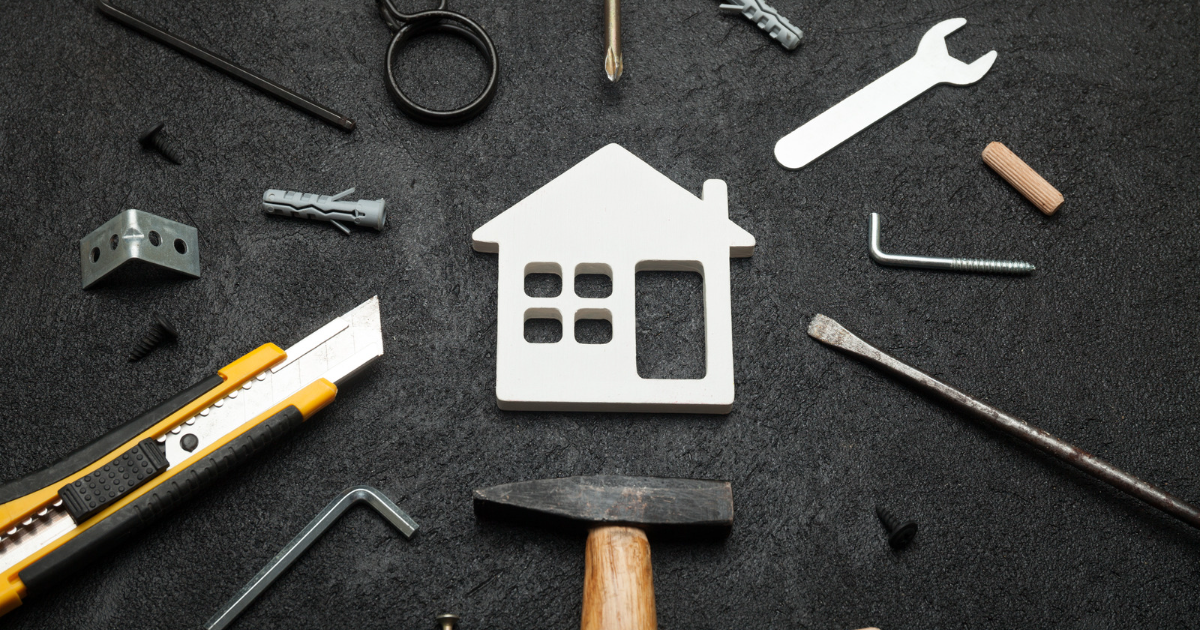How to Calculate and Maximize What You Can Write Off for Repairs on Rental Property
How to Calculate and Maximize What You Can Write Off for Repairs on Rental Property
Blog Article
Whenever you own rental house, controlling repairs and knowledge how they influence your taxes is essential for financial success. The IRS gives specific directions for categorizing and subtracting property-related expenses, that may straight affect your base line. This short article describes critical items about rental property repairs, IRS rules, and related deductions.
Repairs vs. Improvements — What's the Big difference?
The IRS makes a definite distinction between repairs and improvements when it comes to rental properties. Fixes are considered costs incurred to maintain the property in their recent problem, while changes improve the property's value or significantly expand its lifespan.
•Repairs: Repairing a leaky faucet, patching drywall, or replacing a broken window. These are deductible in exactly the same tax year the expense is incurred.
•Improvements: Adding a brand new terrace, replacing an HVAC process, or remodeling the kitchen. These must be capitalized, indicating you take the price steadily over a long period through depreciation.
Finding this variance correct matters. Misclassifying an improvement as a fix could lead to penalties or audits.
Are Fixes Fully Deductible?
Yes, fixes for the rental house are deductible, but ensuring submission with IRS rules is critical. These costs may be deduced from your hire money, reducing your taxable money for the year. For example:
•If spent $300 solving a plumbing concern, this charge can be deduced fully in the entire year it's incurred.
•Minor costs, like painting or fixing a door joint, also fall under deductible repairs.
Recall, just fees right linked with sustaining or rebuilding the home qualify as repairs.
Secure Harbor Rules for Little Landlords
Little landlords can benefit from the safe harbor election under the IRS's concrete house regulations. This provision enables landlords to deduct certain expenses around $2,500 per item or account without capitalizing them. If qualified, you can deduct costs like changing a damaged equipment or minor roofing repairs.

Record Every thing
To guard your self throughout audits and assure correct duty filing, complete documentation is crucial:
1.Receipts: Hold step by step receipts for several restoration expenses.
2.Invoices: Obviously itemized files from contractors or fix services.
3.Photos: Before-and-after images that demonstrate the type of repairs.
4.Proof of Payment: Bank claims showing obligations created for repairs.
Ultimate Hint
Knowledge rental property restoration deductions will save you income, but IRS rules may be complex. Working with a duty professional assures compliance while maximizing deductions, causing you additional time to focus on handling your investments. Report this page